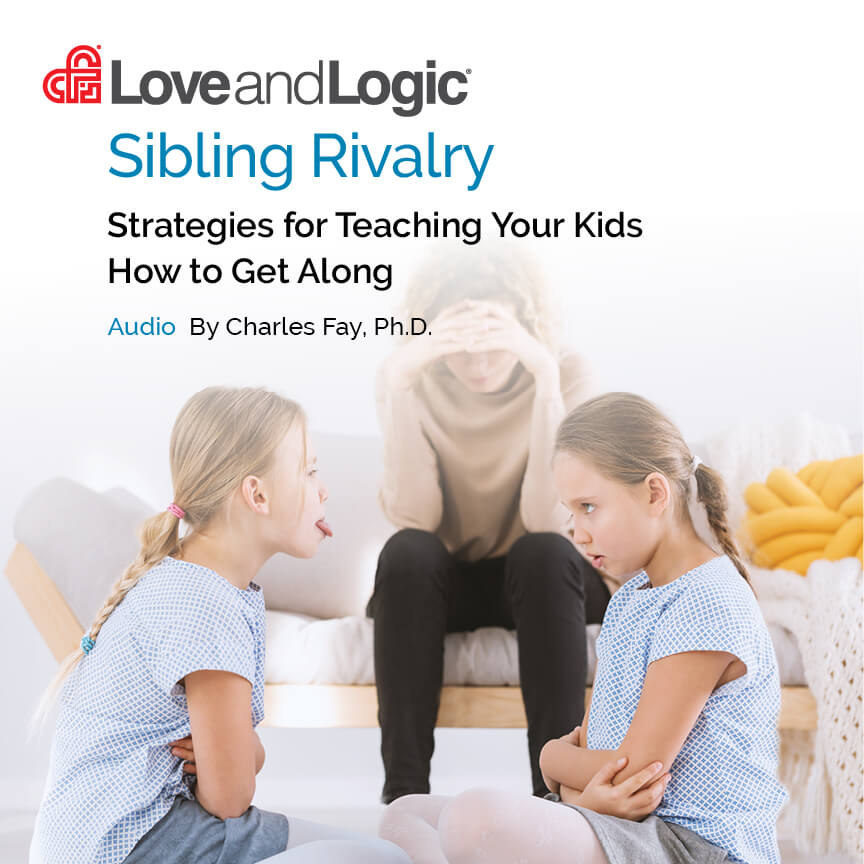In last week’s post, we looked at two reasons siblings might fight—one being typical family interactions and the other based on kids trying to get attention and control. This week we finish this series by taking a look at two additional reasons that can contribute to sibling rivalry.
A third reason siblings may fight is because one child in the family feels that the parents or other adults see him or her as being the “black sheep” of the family. He or she reasons on a subconscious level, “I’ll never be as good as my brother, everybody thinks he’s so smart. He’s such a goody-two-shoes—I hate him!”
In most cases, the child doesn’t really hate his or her sibling. Instead, he or she hates the feeling of not measuring up in the eyes of the parents. The parents may not view the child in this manner. Nevertheless, the most important point is that the child “feels” it to be so.
Parents can do two things to help avoid this problem:
- Don’t compare kids with each other. One of the most damaging statements I ever heard was made in the local store by a frustrated father: “Why can’t you just sit and be good like your brother?”
- Celebrate your children’s differences and focus primary energy on helping them identify and build upon their strengths. Research clearly shows us that personality and learning differences begin at or before birth. The more we try to make our kids the same, the more frustrated and angrier everyone in the family becomes.
Help all of your children learn that everyone is different, and that everyone has something positive to contribute.
A fourth reason has to do with much more serious and dangerous types of problems. In rare instances, one or more children in the family—or the entire family—are experiencing such severe emotional distress that the rivalry has become dangerous. What’s a parent to do if they see this happening? Here are two recommendations:
- Don’t ignore the problem. Make sure the children are adequately supervised and that they are not allowed to inflict serious damage upon each other. This is the one instance in which parents must intervene to ensure safety. Caution! With older children and teens, avoid trying to physically separate them. Call 911 or the police department for assistance if the conflict becomes violent.
- Don’t hesitate to get professional help from a competent psychologist or therapist. There are solutions to these types of sibling conflicts, but these solutions require family therapy and ongoing work with a solid mental health professional.
Now that we’ve gotten a handle on some of the underlying causes of rivalry and conflicts between our children, it’s time to take action!
Thanks for reading!










